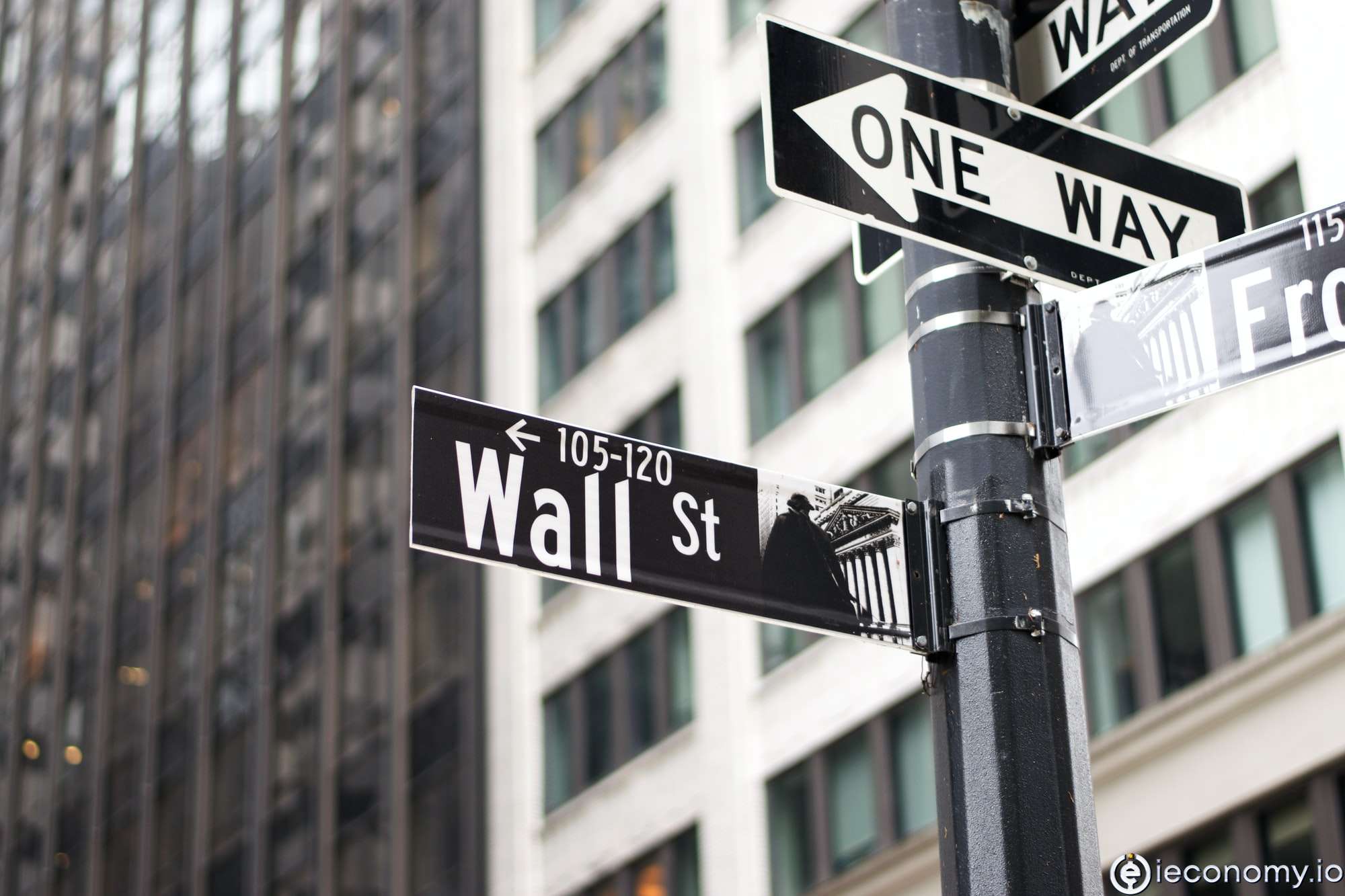10261
0
Investors tended to take profits on the last trading day
Investors tended to take profits on the last trading day of a successful month on the stock market with ever new record highs.

Yazar: Tom Roberts
Yayınlanma: 1 Ağustos 2021 17:52
Güncellenme: 3 Mart 2026 10:47
Investors tended to take profits on the last trading day
The US stock exchanges saw discounts at the end of the trading week. Investors tended to take profits on the last trading day of a successful month on the stock market with ever new record highs. Especially since they are a little concerned that the recent increase in the number of corona cases could stall the recovery of the economy. The recently tightened regulatory measures against domestic technology companies by China also dampened sentiment. The reporting season also caused movement on the stock exchanges. The Dow Jones index closed 0.4 percent lower at 34,936 points, the S&P 500 was 0.5 percent. The Nasdaq composite lost 0.7 percent. A significant minus in the Amazon share also had a negative impact here. There were a total of 1290 (Thursday: 2266) course winners and 2021 (1042) losers. 121 (151) titles closed unchanged. Published economic data had both light and shadow to offer. Personal income data showed that spending rose slightly more than expected in June. And contrary to expectations, incomes have increased slightly. Meanwhile, US consumer sentiment weakened in July. However, the Uni-Michigan index of consumer sentiment did not fall as much as economists expected. The mood of purchasing managers from the Chicago area brightened noticeably in July. On Thursday after the market closed, Amazon and T-Mobile US had published quarterly reports. Amazon (-7.6%) did not increase sales as much as expected and issued a disappointing profit forecast for the current year. The numbers from T-Mobile US (-0.4%) were described as good on the market, which investors apparently used to take profits. Capri Holdings' share price jumped 12.5 percent after the parent company of luxury brands Michael Kors, Versace and Jimmy Choo released surprisingly strong numbers and raised its outlook. The two oil companies Chevron (-0.8) and Exxon Mobil (-2.3%), the construction machinery manufacturer Caterpillar (-2.7%), the consumer goods group Procter & Gamble (+ 2.0%) and the pharmaceutical manufacturer also had business figures Abbvie (-2.2%). Although almost all of them were convincing, investors also took profits here in many cases. The dollar rebounded somewhat from the setback of the past two days, which began on Wednesday as the US Federal Reserve reiterated its loose monetary policy stance, and continued on Thursday with below-expectations GDP. The dollar index rose by 0.3 percent. Concerns about a more bumpy economic recovery made investors resort to government bonds. Rising prices depressed the ten-year yield by 3.8 basis points to 1.23 percent. There was, however, little movement in oil prices. They increased moderately. The gold price fell slightly with the stronger dollar.İLGİLİ HABERLER





European stocks soared and focus shifted to German retail sales after Powell's speech!

Forex Signal For TRY/USD: Inflation Slowdown in November.

Forex Signal For GBP/USD: Bullish Trend Still Not Breaking While Recovery Continues.

Forex Signal For EUR/USD: Starry US Data Points to Higher Fed Increases.

Forex Signal For BTC/USD: Downside Continues as Bitcoin Recovery Moves Less.
En Popüler Haberler
Yorum Yap
Yorumlar
Henüz yorum yapan yok! İlk yorumu siz yapın...